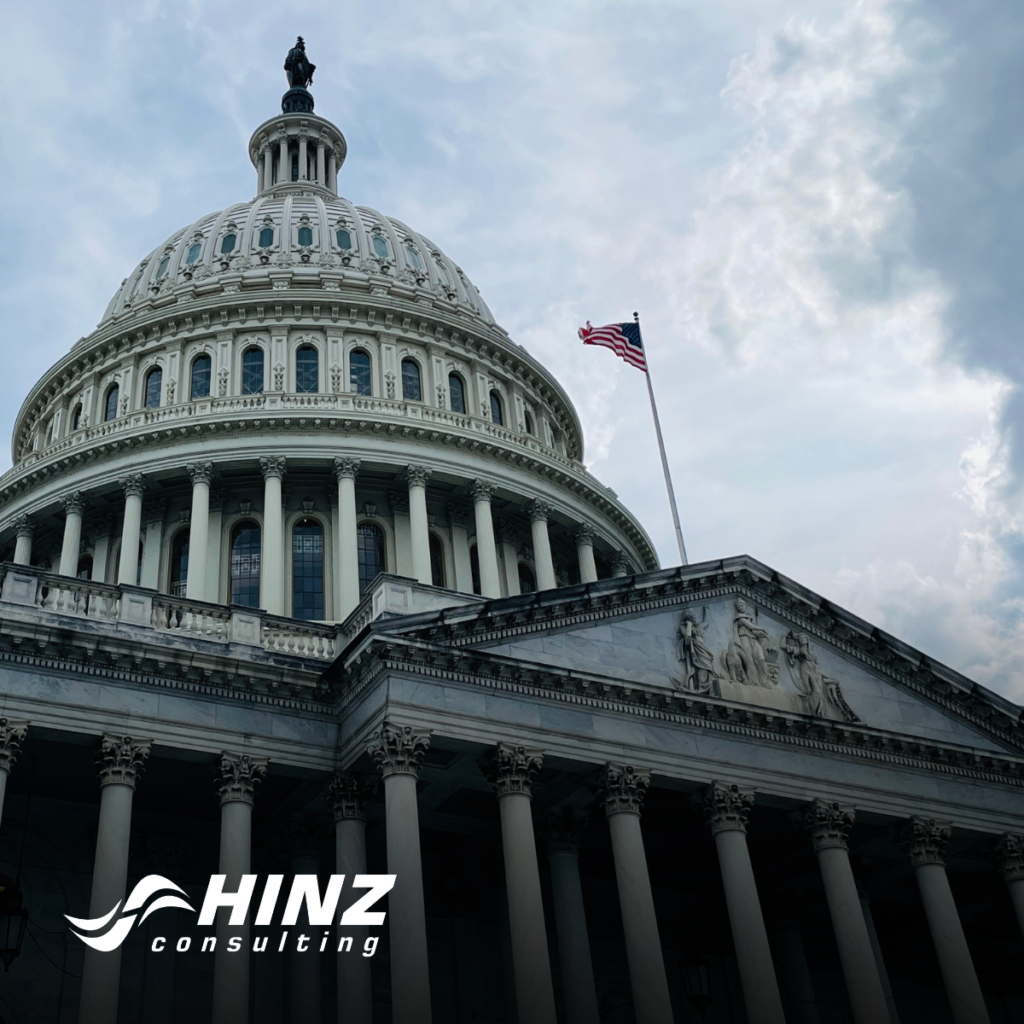FAQs About a Government Contract Proposal Writer

Navigate the world of government contract proposal writing with answers to frequently asked questions (FAQs). From the role of a proposal writer to essential skills and industry nuances, this guide provides insights for both aspiring and experienced professionals. What is the Role of a Government Contract Proposal Writer? A government contract proposal writer is responsible […]
Roles of a Government Contract Proposal Writer

In the intricate dance of government contracting, a Government Contract Proposal Writer takes center stage, orchestrating the elements that lead to success. Understanding the nuanced roles of these professionals unveils the key contributions they make to the complex world of securing government contracts. Government Contract Proposal Writer Roles Strategic Research and Analysis: Role: Government Contract […]
Benefits of a Government Contract Proposal Writer

In the complex realm of government contracting, securing contracts demands more than just technical know-how—it requires a skilled hand in crafting compelling proposals. A Government Contract Proposal Writer plays a pivotal role in this process, offering unique benefits that extend beyond the surface. Let’s delve into the multifaceted advantages of having a proficient proposal writer […]
